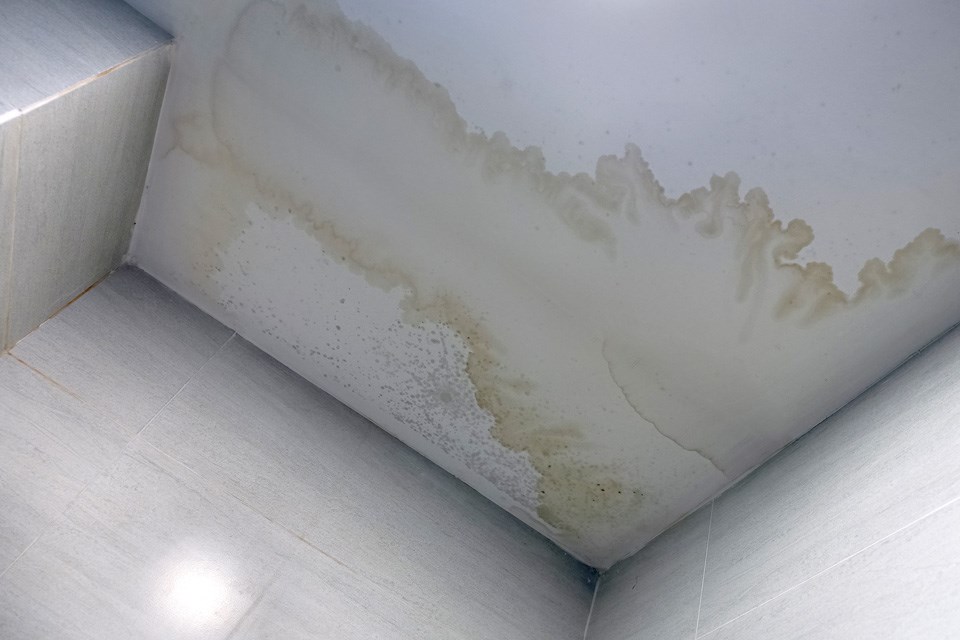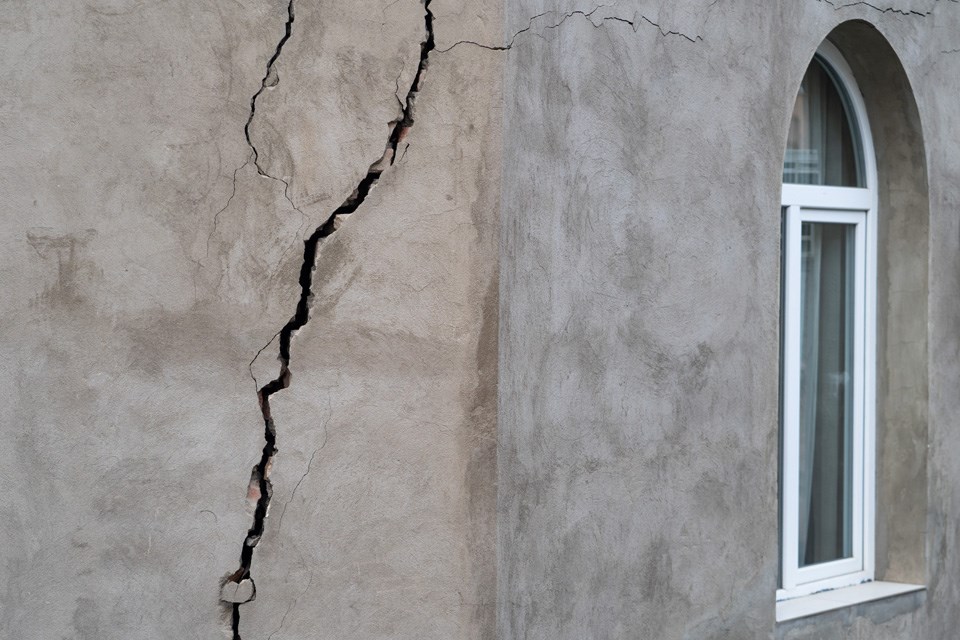Today we'll fill you in on some lesser-known red flags you should be aware of when buying a house. None of these points mean you can't buy the home. They're simply signs that you must dig a little deeper and ask the right questions before taking the plunge. So, here are a few of the many things you'll want to look for when you're on the house hunt.
Jammed Doors and Windows
Open and close every single door and window in the house. You might look a little bit fussy, but a door that won't close or a window that's jammed shut could be a sign of framing or foundational issues. These things can be explained by swelling wood in humid temperatures or something as simple as an old window needing replacement, but you should have that conversation if you notice a problem.
Cracks
Similarly, cracks in floors, walls, and the foundation are huge red flags. You don't want to invest in a home that isn't sitting on a good foundation, so this is a crucial focus point while viewing your home and even later down the line when you're getting an inspection.
Strong Smells
This one is two-fold. First, if the home you are viewing smells strongly of air fresheners, candles, fresh-baked cookies, or anything overpowering, this is a red flag. If the scent is almost overwhelming, it might be trying to cover something up. Of course, you don't need to worry unless this is a trend. But, something like mould or other permanent odours could exist under the covers. You'll also want to sniff around for weird/bad smells on the other side of the token. They're probably there for good if they can't be removed for a showing.
DIY Enhancements
You don't need to be wary of all DIY projects, just ones that weren't well done or made to last. Asking the previous owner about the project will give you a good idea of their experience level and just how sturdy the enhancements are. If you're worried, point it out to your inspector.

Water Stains
Any water in a home (outside of the plumbing system) is bad! If you see any signs of water damage on the walls, floors, or even furniture, you should call it to the attention of your realtor and inspector to get to the bottom of the cause and the potential risk.
 This story was made possible by our Community Partners Program. Thank you Peak Performance Painting for helping to expand local news coverage in the Bow Valley. Learn more.
This story was made possible by our Community Partners Program. Thank you Peak Performance Painting for helping to expand local news coverage in the Bow Valley. Learn more.



